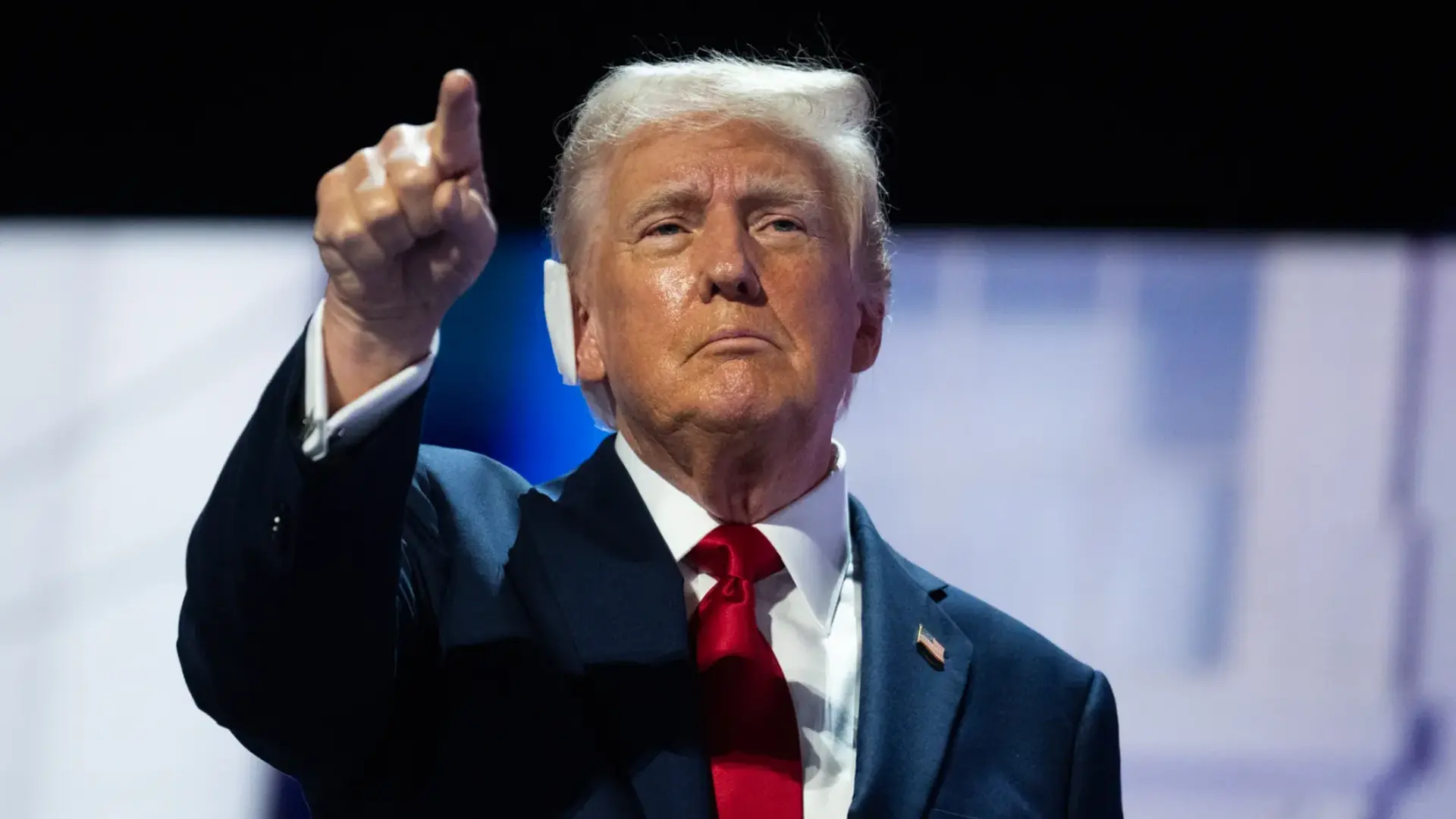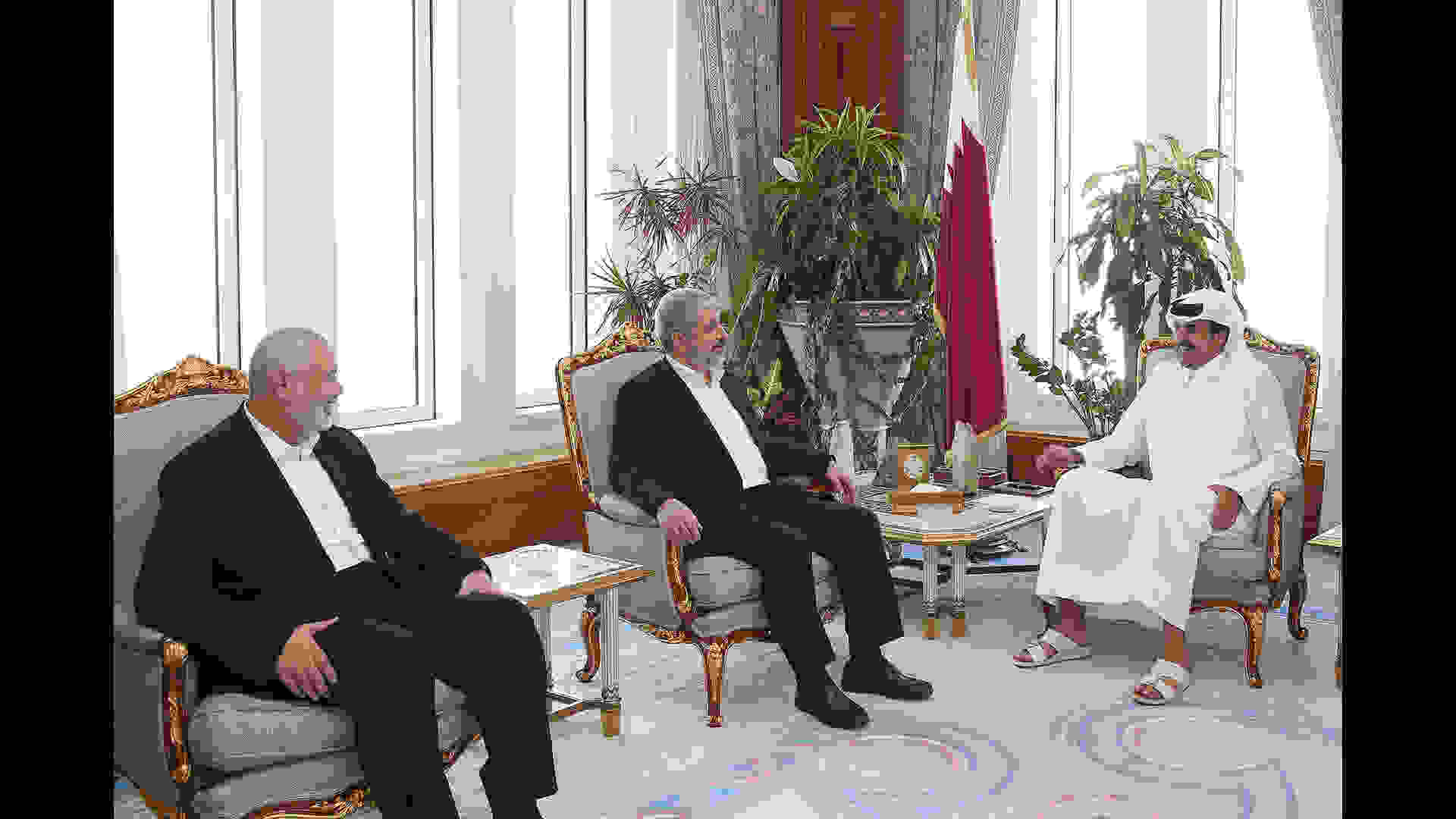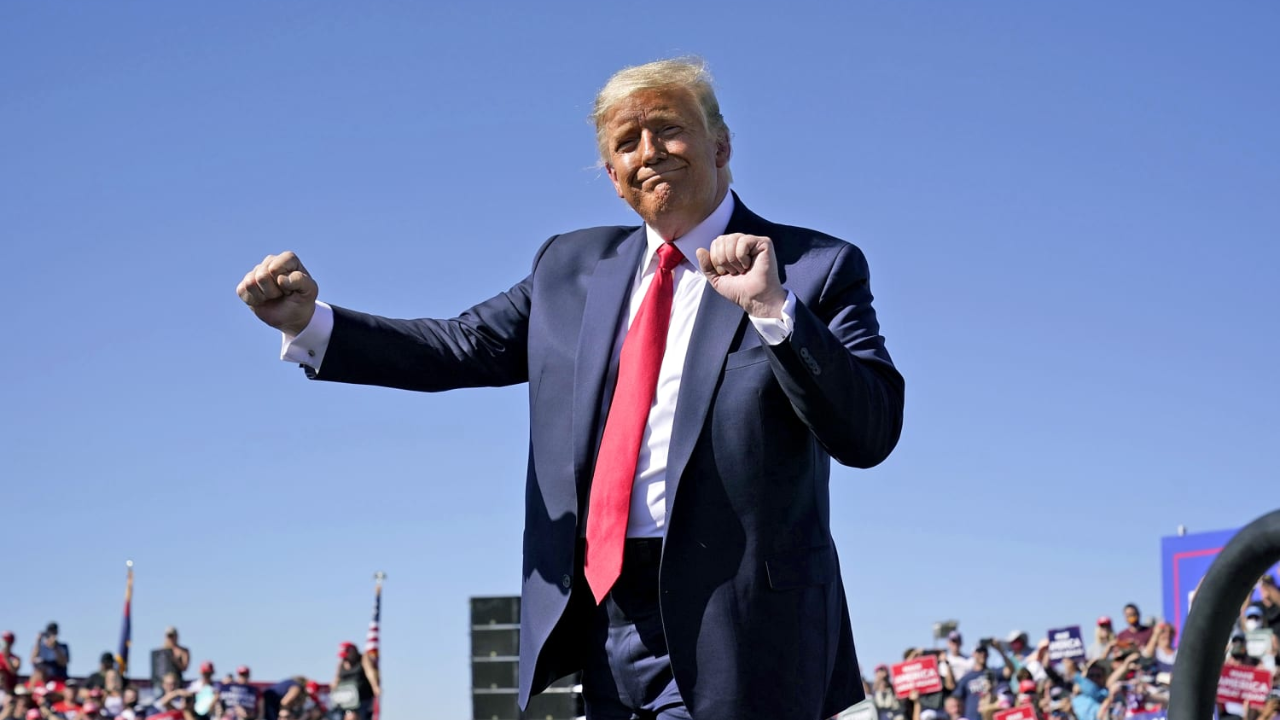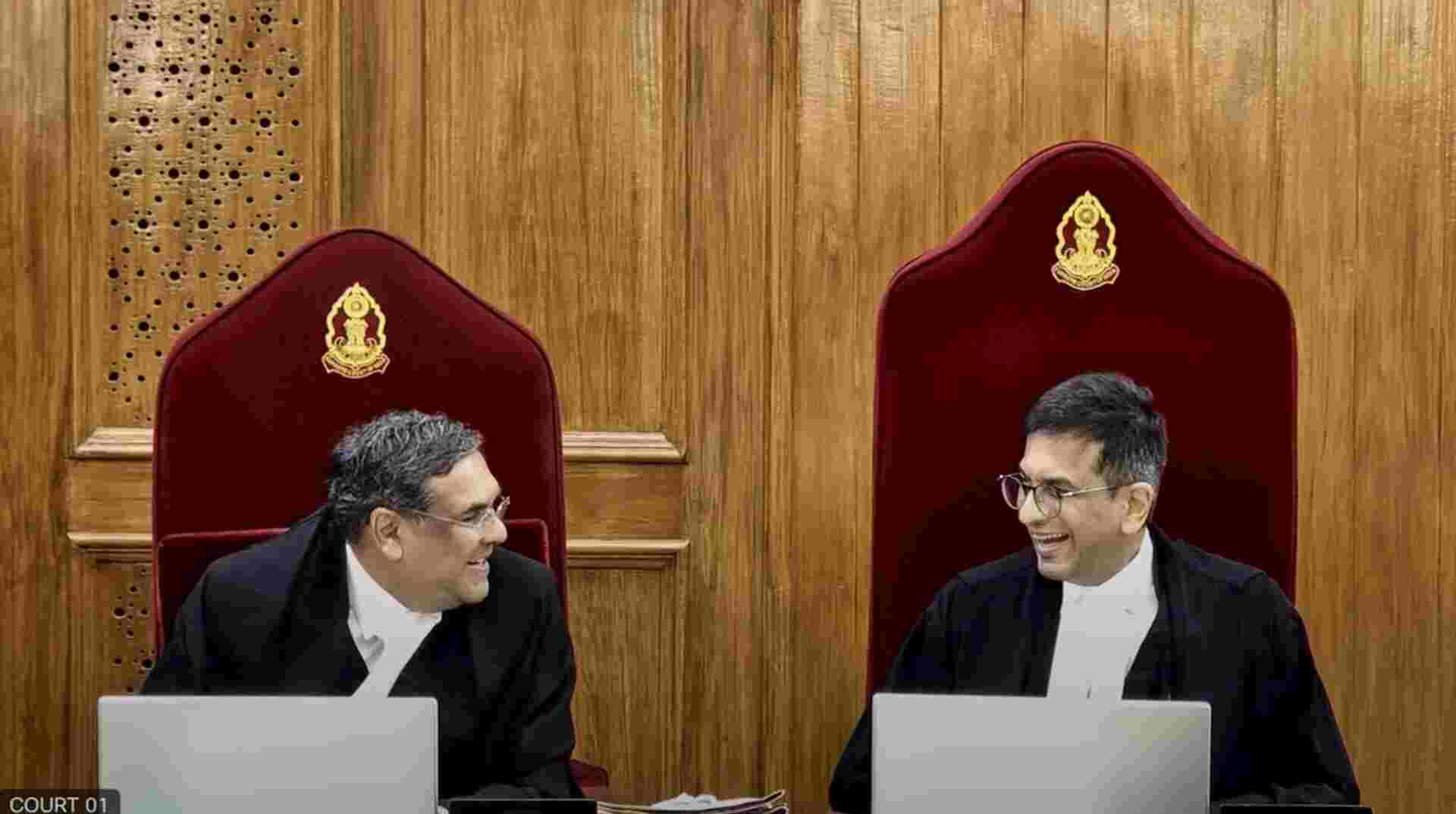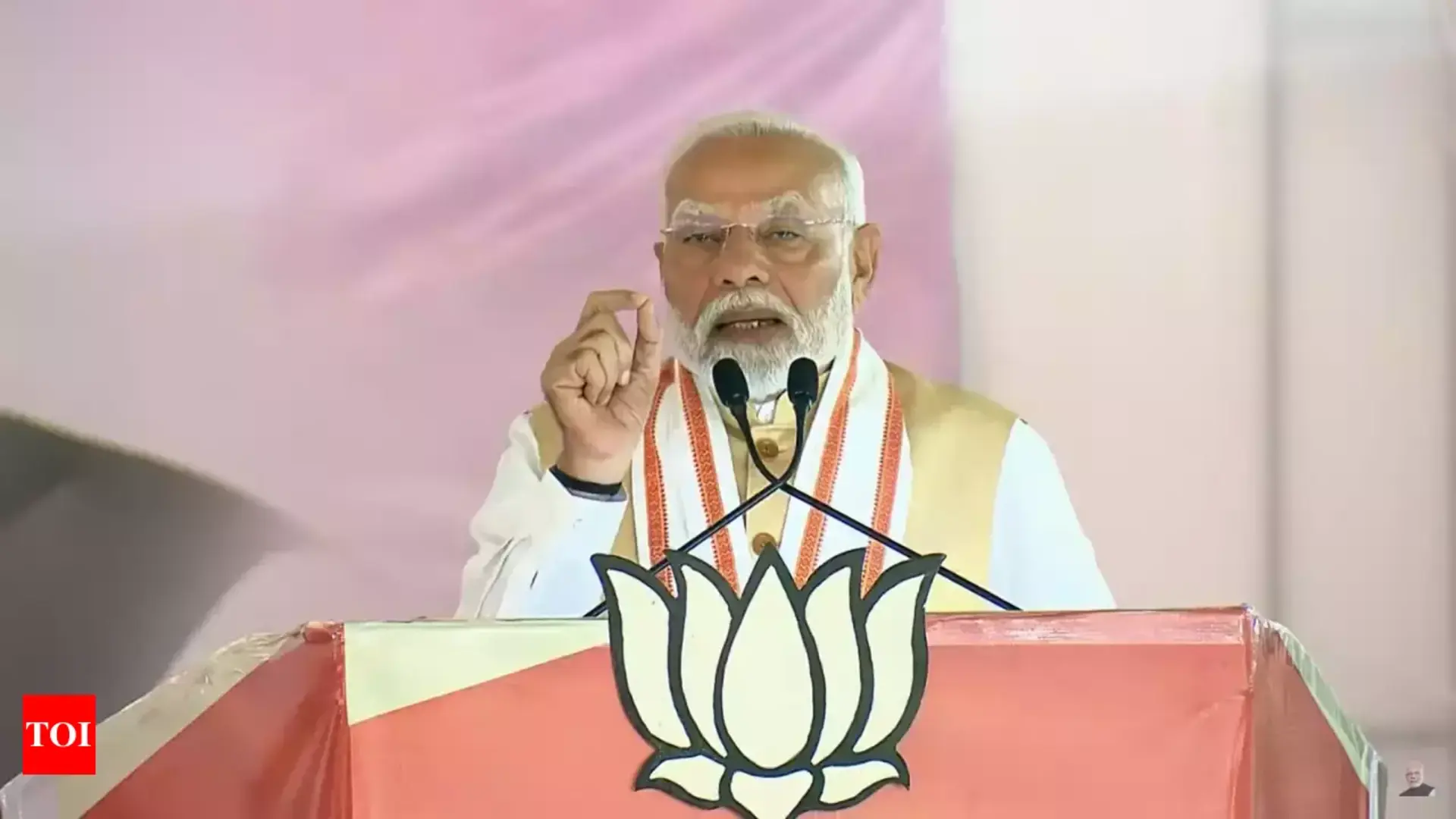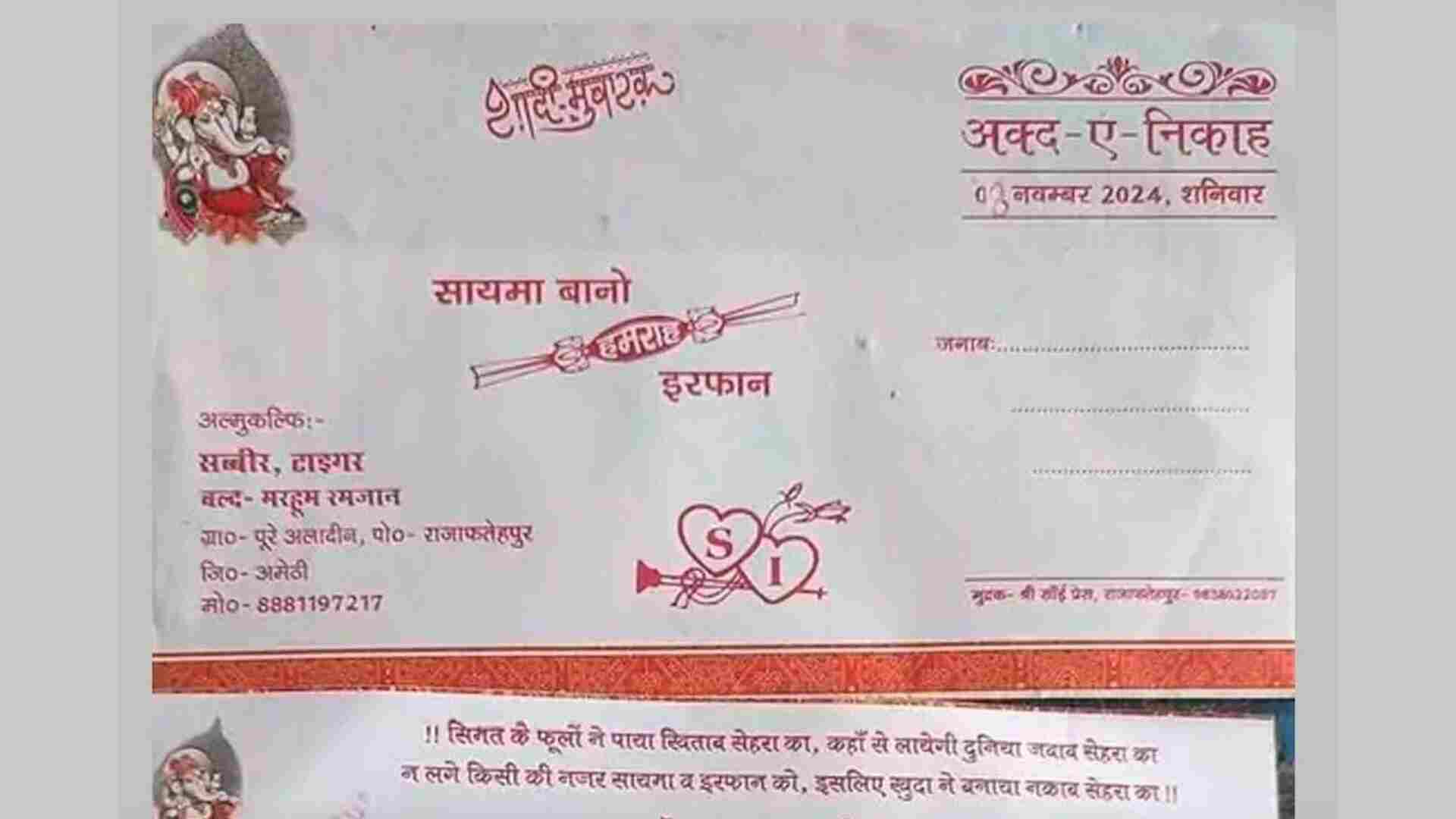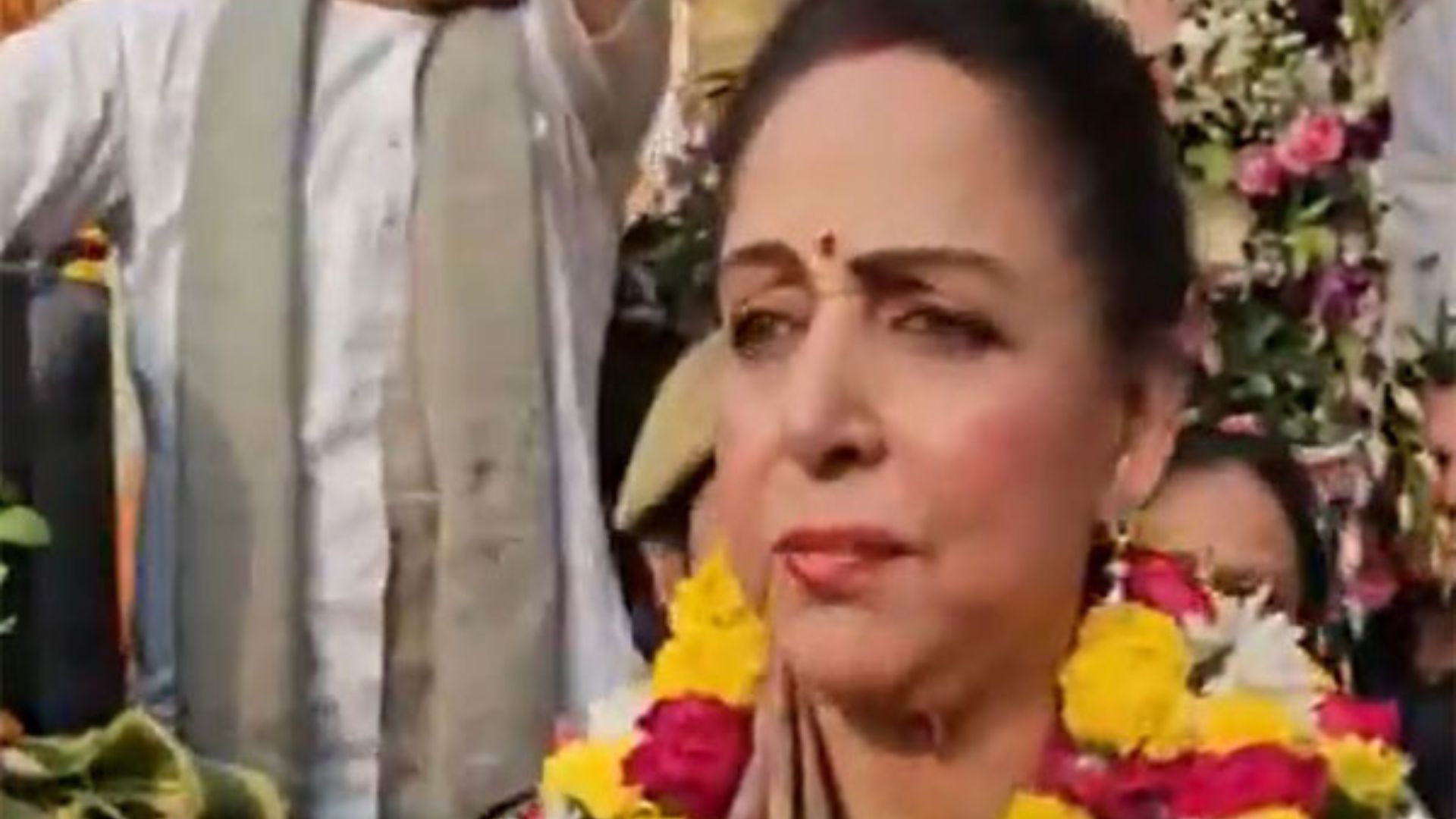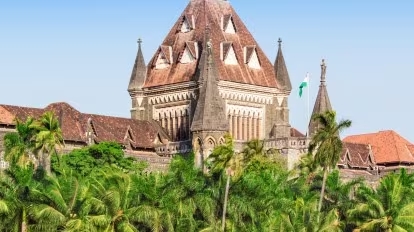
The Bombay High Court, on Friday overturned a February 2023 ruling by the Maharashtra Administrative Tribunal (MAT) regarding job reservations for Maratha community candidates in state government positions. The court supported the state government’s choice to enable Maratha candidates, who initially applied under the Socially and Educationally Backward Class (SEBC) in 2019, to reapply through the Economically Weaker Sections (EWS) category in the ongoing recruitment process.
In its judgment, the high court argued that the MAT order, which rejected the state’s decision, deviated from established legal principles, causing adverse effects on a significant number of candidates and should be set aside.
A division bench of Justices Nitin M Jamdar and Manjusha A Deshpande ruled on petitions by over 100 Maratha candidates and the state government, challenging the MAT’s February 2023 order for various positions, including sub-inspector/tax assistant, clerk-typist, forest department roles, and engineering services.
In May 2021, the Supreme Court invalidated provisions of a Maharashtra law (SEBC Act) providing reservations for the Maratha community, as it exceeded the 50% ceiling set by the court in its 1992 Indra Sawhney (Mandal) judgment. After the Supreme Court’s decision, the state issued government resolutions (GRs) related to public posts advertised in 2019, extending EWS quota benefits to candidates who initially applied through the SEBC category. Candidates who had initially applied under the EWS category challenged these government decisions before the MAT, which upheld the challenge on February 2, 2023, disqualifying SEBC (Maratha) category applicants.
Petitioners argued that the MAT order misdirected itself in law and facts, emphasizing that the GRs could not have retrospective application. The high court, led by Justice Jamdar, concluded that the MAT order had adverse effects on the entire process and created an inequitable situation. The bench noted that the petitioners, Maratha candidates belonging to EWS, were entitled to succeed, rejecting the need for a status quo.The court asserted that appointments made by the state government could be challenged before the Supreme Court, and there was no necessity to maintain a status quo as requested by the respondents.

